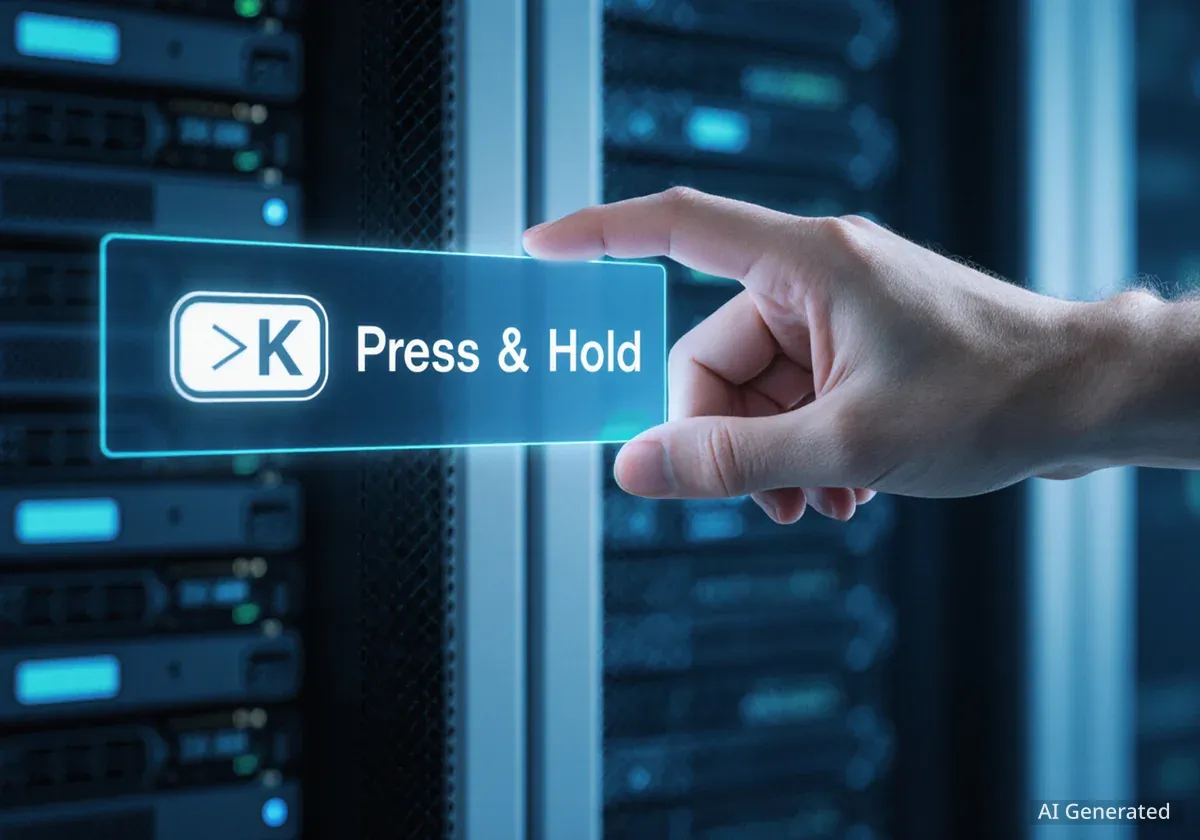The quantum technology sector is experiencing a significant surge in activity, moving rapidly from theoretical research to practical application. A fresh injection of $37 million into post-quantum cryptography firm PQShield highlights a broader trend of increased private investment, while new international collaborations and government regulations signal a new era of global competition and strategic positioning in this high-stakes field.
These developments underscore a pivotal moment for quantum technology. As nations and corporations vie for leadership, the focus is shifting towards building secure quantum ecosystems, developing real-world applications, and establishing the infrastructure needed to support this next wave of computing.
Key Takeaways
- Post-quantum cryptography firm PQShield secured $37 million in a Series B funding round, indicating strong investor confidence in quantum security solutions.
- Governments are increasing their oversight, with Switzerland expanding export controls on quantum technologies to align with international standards.
- Strategic international partnerships are forming, such as the collaboration between U.S.-based Rigetti and India's Centre for Development of Advanced Computing (C-DAC).
- The overall quantum computing market is projected to grow at a double-digit rate, driven by advancements in both hardware and software.
Investment Fuels the Quantum Future
The flow of capital into quantum startups is a clear indicator of the industry's maturation. The recent $37 million Series B funding for PQShield is a prime example. The company specializes in post-quantum cryptography (PQC), a critical field dedicated to creating encryption methods that can withstand attacks from future quantum computers.
This investment is not just about one company's success; it reflects a market-wide recognition of an urgent need. As quantum computers become more powerful, they pose a significant threat to current encryption standards that protect everything from financial transactions to national security data. Investors are betting on companies like PQShield to provide the next generation of digital armor.
Market Projections
The quantum computing market is expected to experience sustained double-digit growth in the coming years. This expansion is fueled by breakthroughs in quantum machine learning, hardware development, and the growing demand for computational power that exceeds the capabilities of classical supercomputers.
This financial momentum extends beyond security. Venture capital is flowing into various sub-sectors, including quantum hardware development, software algorithm creation, and specialized applications. Programs like the BioInnovation Institute's Venture Lab, while focused on life sciences, are part of a larger trend of deep-tech incubators designed to nurture complex, science-based startups, a model that is also proving successful in the quantum space.
A New Geopolitical Landscape
As quantum technology advances, it is increasingly becoming a subject of national interest and international policy. Governments around the world are implementing measures to both foster and control the development of these powerful tools.
Switzerland recently announced an expansion of its export controls to include specific quantum technologies. This move aligns the country with measures taken by the United States and the European Union, creating a more unified Western approach to managing the proliferation of sensitive quantum hardware and software. The goal is to prevent these technologies from falling into the hands of adversaries while still allowing for legitimate scientific and commercial collaboration.
Simultaneously, strategic alliances are being forged to accelerate progress. In a significant development, U.S. quantum firm Rigetti signed a Memorandum of Understanding (MOU) with India's Centre for Development of Advanced Computing (C-DAC). The agreement paves the way for the co-development of hybrid quantum-classical computing systems, combining the strengths of both technologies to solve complex problems.
The Power of Hybrid Systems
Hybrid quantum-classical systems are seen as a crucial stepping stone. They use classical computers to handle parts of a problem they are good at, while offloading specific, complex calculations to a quantum processor. This approach allows for practical applications even before fully fault-tolerant quantum computers are available.
Elsewhere, nations are deepening their bilateral ties. A recent agreement between Pakistan and China aims to enhance collaboration in quantum technology, signaling the formation of alternative innovation blocs. These partnerships highlight the global nature of the quantum race, where access to talent, resources, and technology is paramount.
From Lab to Real-World Application
The ultimate goal of this global effort is to harness quantum mechanics to solve problems that are currently intractable. Progress is being made on several fronts, with researchers exploring applications across a wide range of industries.
One of the most promising areas is quantum machine learning (QML). QML algorithms have the potential to revolutionize artificial intelligence by processing vast datasets in novel ways, leading to breakthroughs in fields like drug discovery, financial modeling, and materials science.
Practical experiments are already underway. In Poland, researchers are testing quantum algorithms to analyze satellite imagery. The project aims to determine if quantum computers can more efficiently sift through massive amounts of visual data to identify objects or patterns, a task that is challenging for even the most powerful classical systems.
The potential impact is so broad that it is even touching unexpected sectors like real estate. Analysts are exploring how quantum computing could optimize large-scale investment portfolios, simulate urban development with unprecedented detail, and improve the design of energy-efficient building materials. While still in early stages, this forward-looking research shows the transformative potential of the technology.
As the quantum ecosystem continues to grow, supported by robust funding, strategic government action, and innovative research, the transition from theoretical possibility to tangible reality is accelerating faster than ever before.





